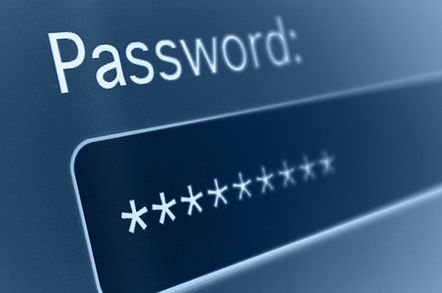Tuesday 5th February was Safer Internet Day 2019. The aim of Safer Internet Day is to inspire a national conversation about using technology responsibly, respectfully, critically and creatively. There are lots of resources available online linked to the day to help with that conversation, including top tips for parents and carers and top tips for 11-18 year olds. Google has also created the Be Internet Awesome resource for young people to help them be safe, confident explorers of the online world.
Here are my top five tips for a safer internet:
1. The internet is written in pen, not pencil

I can’t remember where I heard this tip. but it’s always stuck with me. When you post something online, it’s there forever. Even on services like Snapchat or Instagram Stories, where posts disappear after their time limit is up, screenshots can be taken and re-shared.
In the future, you could be judged by what you have put online – by prospective employers, business contacts, or even journalists. There have been several high profile cases which highlight this problem: Jack Maynard was forced out of the “I’m a Celebrity” jungle last year in a controversy over old social media posts, and Toby Young was forced to resign his position as part of the university regulator when offensive old tweets resurfaced – even though they had been deleted.
When you put something online, it helps if you have in your mind that you are making a permanent record. Ask yourself: would I be happy for someone to read this ten years from now?
2. Would you say it face to face?
A laptop, phone or tablet screen feels like a shield sometimes: what we put on social media disappears into the ether and we don’t see the impact of the messages we are sending. But just because we don’t see them, doesn’t mean they don’t exist. It helps to think about communication over social media in the same way as a face-to-face conversation. If it isn’t something you would say to someone’s face, it’s probably not something you should put online. And this isn’t just about young people: there are some terrible adult role models online, who seem to build their reputation on being horrible to and about others.
The most horrific example I have seen of this is the terrible case of Megan Evans; I have spoken about her before in my kindness assembly. 14-year-old Megan was found dead on February 7, 2017. She had been the victim of online bullying, which her mother believes drove her to take her own life. After a long period of bullying by her classmates and peers, one of the other children in her school sent her the message: “why don’t you kill yourself?”
Megan replied saying: “Ok.”
The fact that somebody in Megan’s life chose to express cruelty and unkindness had the most tragic and devastating consequences. Her family and her friends – and the young person who sent that final message – will be living with the consequences of that for the rest of their lives. The heart-rending video below, as Megan’s mother is interviewed on This Morning, shows just how devastating this unkindness can be.
My rule is: if it isn’t right to say, it isn’t right to post.
3. Keep some things back
Sharing personal information online carries risks too. Posting your phone number, your address, date of birth or information about your family publicly on social media opens you up to identity fraud. In the video below, a coffee shop offers a free drink if customers like their Facebook page. The barista asks for the customers name, and a behind-the-scenes team matches the name to the Facebook like and sees what information it can harvest from just these two data points. What could a stranger learn about you from your online posts?
Similarly, be cautious with location sharing on your social media posts. Do you really want strangers to know exactly where you are? Along with your profile photo, this could lead to a risky situation – if a stranger knows where you are, and knows who you are, then it increases your vulnerability.
4. Stay secure

It’s important to choose strong passwords for your online accounts. Google advises using a mix of uppercase letters, lowercase letters, symbols, and numbers, r3pl@cing le++ers wit# sYmb0ls & n^mb3rs 1ike Thi$ to create memorable but hard-to-hack passwords. It’s also really important to use different passwords across different accounts. I know it’s tempting to use one memorable password every time but if one account is hacked, every account you have is then compromised.
5. Be kind online
The internet is neither good nor bad; it’s a neutral platform. It’s the people that use it that set the tone in the online space. If people choose to be kind, helpful and supportive online, that will be the tone that is set – but the reverse is also true. We can all make a contribution to helping the online world be a better place by:
- Sharing and spreading positive messages
- Stopping the spread of harmful or untrue messages by not sharing them with others
- Call out unkind or inappropriate behaviour online: block them and report it
- Offer support to the victims of unkindness or bullying online – be part of the solution, not the problem.

With thanks to Google’s Be Internet Awesome project for inspiring this week’s blog. If you have been inspired you can take a Be Internet Awesome Pledge here.
Pingback: Staying safe online | The Headteacher's Blog